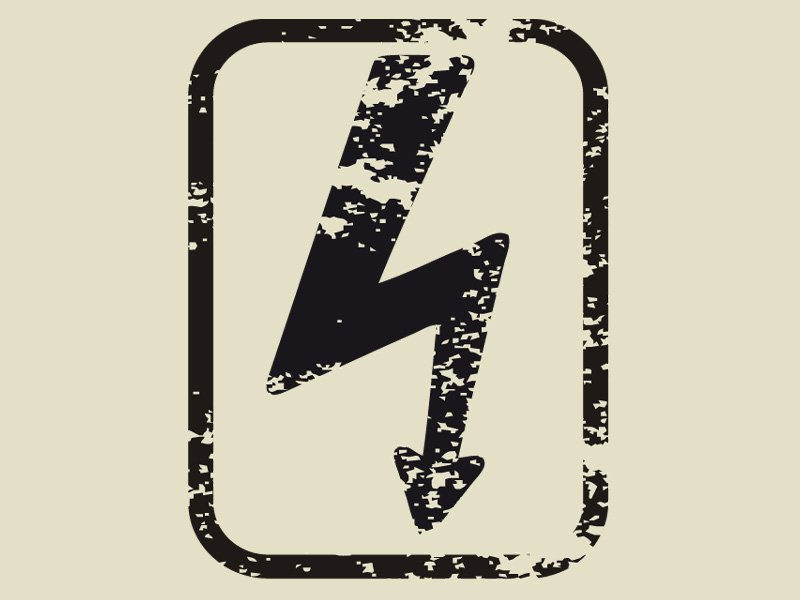
As the power crisis lingers on, the country’s most powerful -- the presidency and the premier -- receive an uninterrupted supply of electricity, despite recommendations of a parliamentary panel to end load-shedding exemptions, a Senate body was told on Monday.
The Senate Standing Committee on Water and Power, chaired by Zahid Khan, expressed its dissatisfaction with Islamabad Electric Supply Company (IESCO) for failing to implement its recommendation to exempt the ruling elite of load-shedding.
A deeply aggrieved Zahid Khan even threatened to resign if those at the helm of affairs were not treated as the common man’s equal.
“I will resign from the chairmanship of the Senate committee if our recommendations are not implemented,” Khan said.
In May, the Senate panel had recommended ending load-shedding exemption to the country’s ruling elite and suggested that only hospitals and sensitive military installations should receive constant electric supply.

It also recommended that preferential load-shedding should come to a complete halt at the President House, Prime Minister’s House, Parliament House, the Supreme Court, judges’ colony, ministers’ enclave and the diplomatic enclave.
These recommendations, however, are yet to be implemented.
“This is a serious matter and I am disgusted that a common man is facing up to 21 hours of load-shedding while the president, prime minister, generals and judges were exempted from load shedding and were enjoying uninterrupted power supply even though they can afford to keep generators,” Khan said, adding that hospitals and centres managing healthcare should be exempted from load-shedding.
IESCO chief Yousuf Awan told the Senate body that there was no load-shedding at the President and PM House, Supreme Court, GHQ, ISI headquarters, National Accountability Bureau and National Database and Registration Authority and the Judges Colony.
This information comes at a time when the country is facing load-shedding that lasts up to 12-20 hours a day.
The committee chairman directed officials to bring an end to the discriminatory practice within 24 hours and report back to the committee on the progress.
The committee also summoned the minister and water and power secretary to explain why government offices and residences of government functionaries were not facing power outages as that of the rest of the country.
The committee chairman also said that 650 megawatts (MW) being supplied to Karachi Electric Supply Company (KESC) would be withdrawn and the government would cancel KESC’s privatisation agreement by giving it to the Water and Power Development Authority’s control.
Published in The Express Tribune, June 11th, 2013.
COMMENTS (3)
Comments are moderated and generally will be posted if they are on-topic and not abusive.
For more information, please see our Comments FAQ



1731655243-0/BeFunky-collage-(61)1731655243-0-165x106.webp)

1731666526-0/Express-Tribune-(9)1731666526-0-270x192.webp)
1731668520-0/Express-Tribune-(11)1731668520-0-270x192.webp)



1731656720-0/Copy-of-Untitled-(44)1731656720-0-270x192.webp)






Its good to know that there are some honest public servants in this country.
@Murtaza: I think...it will at least help to bring shortages down to some extent....We should understand no matter what the cost VIP culture must end....our industry is suffering big time because of this VIP culture.....we have to save our economy, we have to save our industry.....
How will that help? They will install expensive 24/7 generators with more expensive fuel from our tax money.